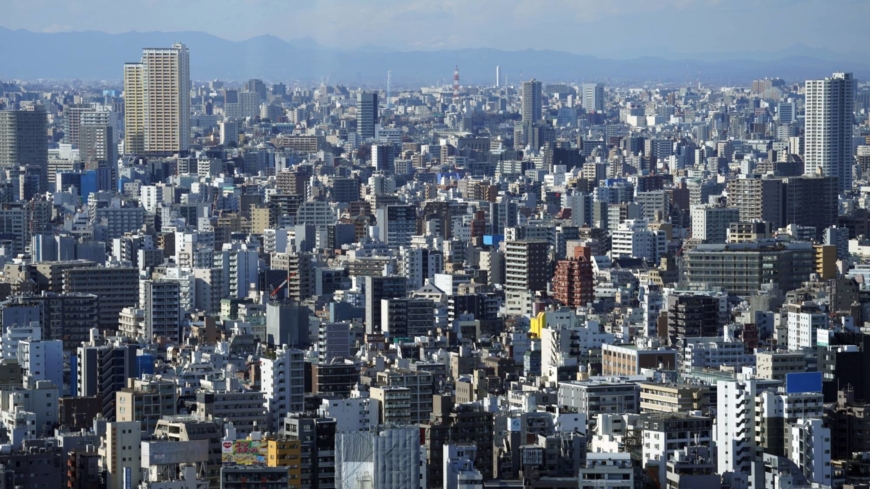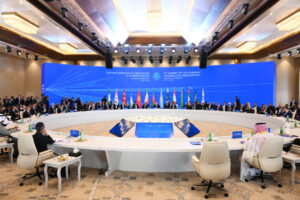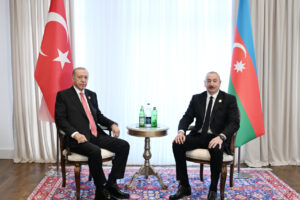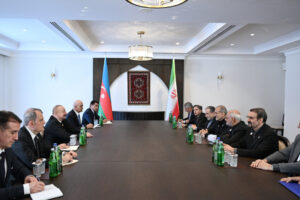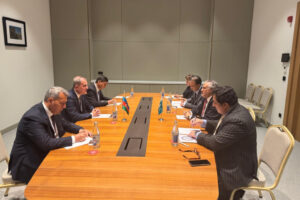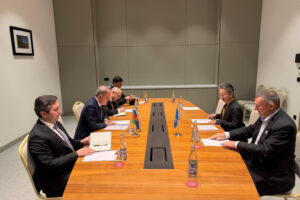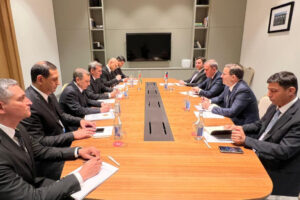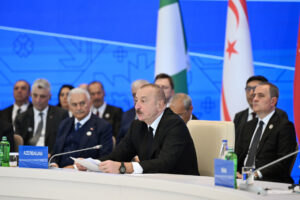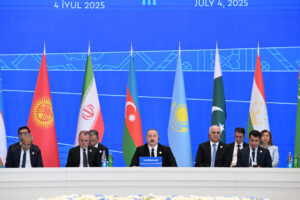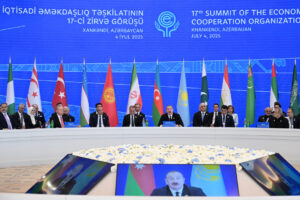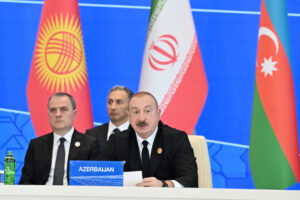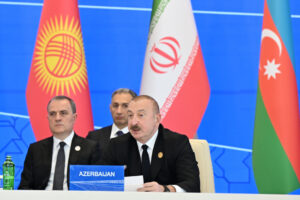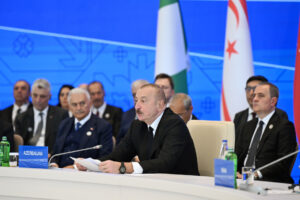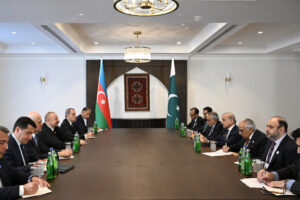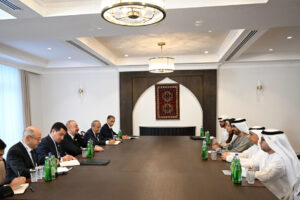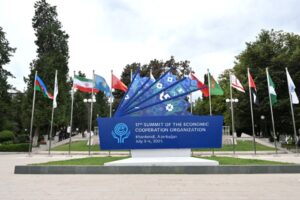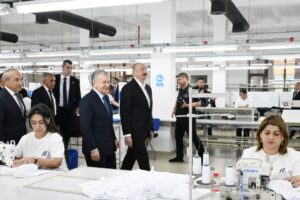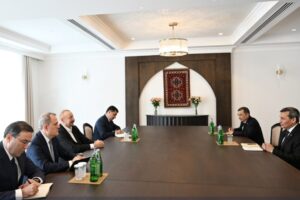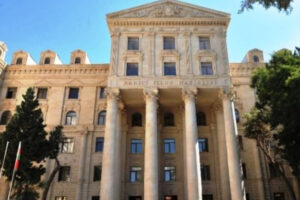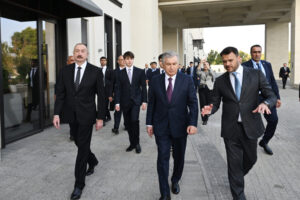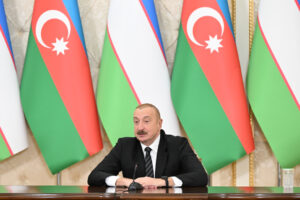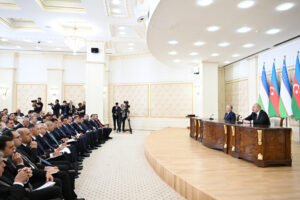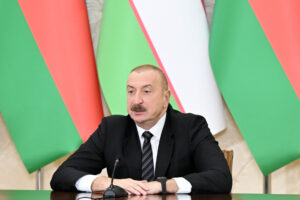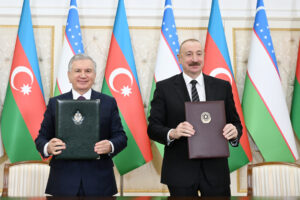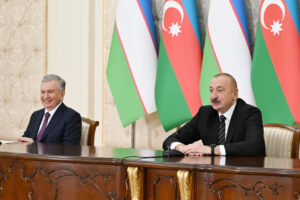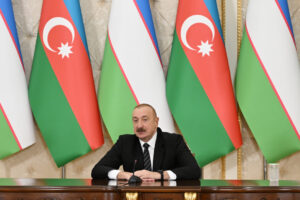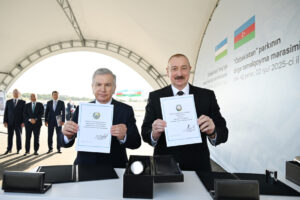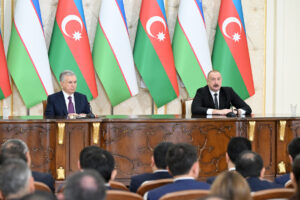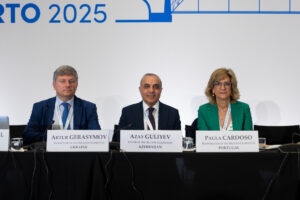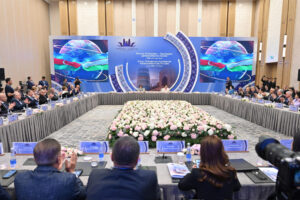Tokyo, 1 October, /AJMEDIA/
Putin declares annexation of 4 Ukraine regions, prompts new sanctions
TOKYO/WASHINGTON – Russian President Vladimir Putin on Friday declared the annexation of four occupied Ukrainian regions amid his country’s seven-month-old war, heightening tensions with the West as the move immediately prompted a fresh wave of criticism and sanctions.
Moscow’s unilateral action regarding the Luhansk, Kherson, Zaporizhzhia and Donetsk regions came after it said local populations voted in recent referendums to join Russia, with Ukraine and the West condemning the polls as illegitimate.
———-
U.S. Indo-Pacific Command chief eyes visit to Japan next week: source
WASHINGTON – U.S. Indo-Pacific Command chief Adm. John Aquilino is making arrangements to travel to Japan and South Korea next week to meet with government and military officials, a source familiar with the plan said Friday, with the trip taking place amid North Korea’s repeated missile provocations.
Aquilino is likely to visit Japan in the first half of next week, the source said. U.S. Vice President Kamala Harris has just returned from her trip to the two closest U.S. allies in Asia.
———-
Toshiba bidders narrowed down to 2 company groups
TOKYO – Toshiba Corp. has received bids for rebuilding the conglomerate from two groups of companies, one led by state-backed fund Japan Investment Corp. and another by Tokyo-based fund Japan Industrial Partners Inc., sources familiar with the matter said Friday.
With Friday being the deadline for the second round of bidding following the first in July, potential buyers of the troubled conglomerate have been narrowed down to the two groups.
———-
Japan to give $320 mil. subsidy for Micron’s chip output in Hiroshima
TOKYO – Japan will provide a subsidy of up to 46.5 billion yen ($320 million) to Micron Technology Inc. to help the U.S. chipmaker produce advanced chips at its plant in Hiroshima Prefecture, the industry ministry said Friday.
The subsidy will be part of 139.4 billion yen that Micron plans to spend to begin producing dynamic random-access memory or DRAM chips using what is called “1-beta” technology. DRAM chips are used in a wide variety of electronics, such as smartphones and servers.
———-
North Korea launches possible ballistic missiles: Japan, S. Korea
TOKYO – North Korea on Saturday fired what appeared to be ballistic missiles, Japanese and South Korean authorities said.
The projectiles appear to have landed outside of Japan’s exclusive economic zone, a Japanese government source said. There were no immediate reports of damage caused by the launches.
———-
U.S. “unequivocally” rejects Russian annexation, adds new sanctions
WASHINGTON – The U.S. administration of President Joe Biden on Friday denounced Russia over its annexation of four Ukrainian regions and announced fresh sanctions in response to Moscow’s violations of the sovereignty of its neighbor.
“The United States unequivocally rejects Russia’s fraudulent attempt to change Ukraine’s internationally recognized borders,” Secretary of State Antony Blinken said in a statement.
———-
67% of young people in Japan routinely engage in power saving: survey
TOKYO – Sixty-seven percent of people aged between 17 and 19 in Japan make power-saving efforts on a daily basis, apparently driven by Russia’s war in Ukraine, according to a recent survey.
With the government asking businesses and households to cut electricity consumption from July to September to avoid a power crunch, respondents to the Nippon Foundation survey said they had reviewed their usage of air conditioning and lighting.
———-
Japan’s forex intervention hits record 2.84 tril. yen to stem yen fall
TOKYO – Japan’s currency intervention last week cost 2.84 trillion yen ($19 billion), the largest-ever amount spent to stem the yen’s sharp slide against the U.S. dollar, Finance Ministry data showed Friday.
The yen-buying, dollar-selling operation, Japan’s first since 1998, was carried out on Sept. 22, shortly after the Japanese currency plunged past the psychologically-important 145 mark amid prospects that the monetary policies of Japan and the United States would further diverge.

